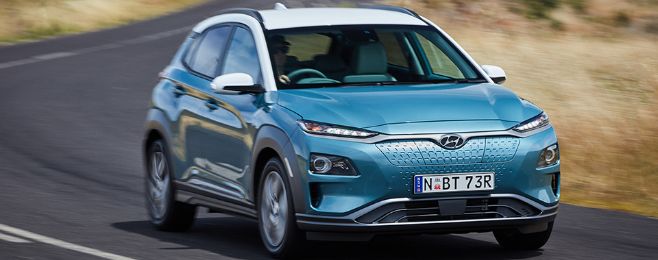When Does The Electric Vehicle Grant End?

With the UK’s transition to renewable energy and the total prohibitions on sales of cars with internal combustion engines by 2030 - while plug-in hybrid vehicles may be extended to 2035 - the UK's environmental "Road to Zero" (emissions) policy has gained a leg-up and clarity.
The future of the electric car in the United Kingdom is no longer a question but a fact. Local and national governments also provide various incentives and awards to encourage drivers to switch to electric vehicles sooner rather than later.
There are two primary electric car incentives available in the UK - the Plug-in Car Grant and the Electric Vehicle Homecharge Scheme. According to surveys, the majority of electric car owners prefer to charge their vehicles at home.
Over the past few years, the restrictions of vehicles eligible for the Government grant have tightened. There were plans to end the Plug-In Car Grant in March 2020, but the automotive industry bargained with the Government to extend it to the end of the 2022-2023 financial year. The maximum grant now available currently stands at £2,500. This still offers significant savings towards buying an EV, and you don't have to do anything to receive it; the dealer will sort everything for you.
The Plug-In Car Grant was initially introduced in 2011. It offered £5,000 towards the list price of eligible cars. However, in 2016 this was reduced for full EVs to £4,500, and a reduced payment of £2,500 towards hybrids. In 2018, the grant was reduced to £3,500 available for full EVs, while hybrid models were no longer eligible through the scheme.
